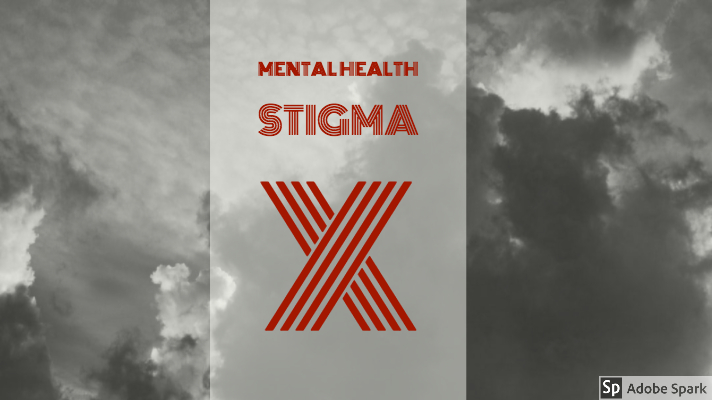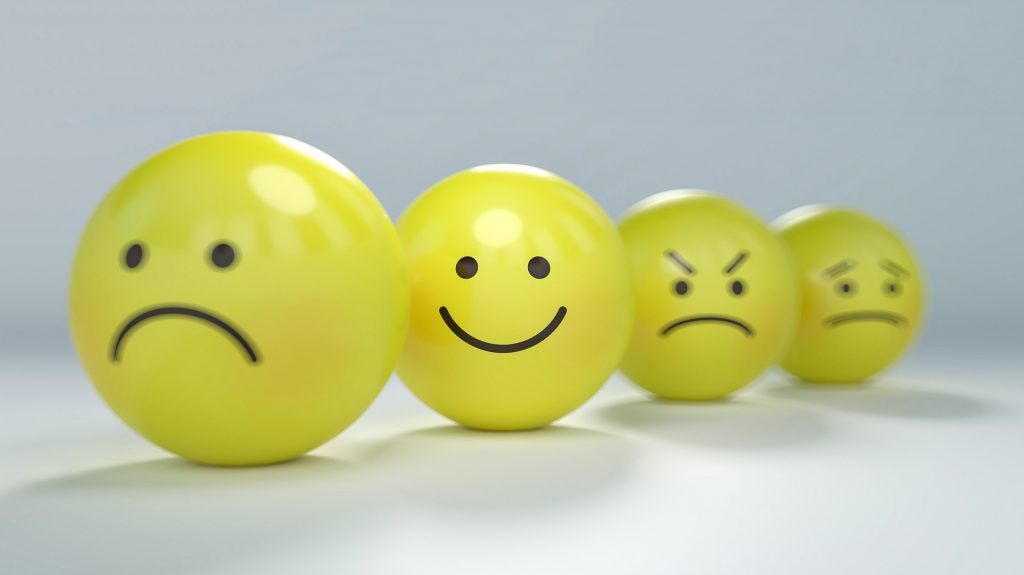Smashing The Stigma Of Mental Health

Being young can be a challenging time, and this can be even harder when you’re having mental health problems. Changing Minds has been talking to some of the young people involved in their project for a special blog for Meic. They take a look at the stigma surrounding mental health and young people and how this can be reduced.
This week we are running a special Mental Health campaign on Meic to mark Mental Health Awareness Week 2018. This is just one of a few articles published on the subject this week. Take a look at our articles section for more.
Changing Minds is a project designed for young people aged 14-25 who have, or are experiencing, mental health difficulties in Gwent. Young people are able to access support earlier and improve their confidence. They recruit and train volunteers to become peer mentors. These mentors then go on to deliver peer support sessions to young people. They talked to some of their volunteers about the stigma of mental health issues and young people and what can be done about it. Here’s what they had to say.
The stigma
“Mental health can often be labelled as “attention seeking”. A lot of people believe young people don’t have a reason to be mentally ill, as they don’t have responsibilities or bills. People are generally not aware of the issues that can cause mental health deterioration, especially in young people and the problems they face” – Bethan
“There is an expectation that young people should just ‘man up’ or ‘get over it’, and they feel that they can’t seek help because of the stigma. If there was more education regarding mental health, then young people would be more aware. There’s a lot of emphasis in PSE lessons about sexual health and alcohol misuse, but there’s simply not enough education around mental health. Staff and students lack awareness of the difficulties some young people face” – Toni
“A lot of people want to fit in so they may not open up about their mental illness. A lot of people think that mental health problems are caused by stress or trauma, but it can be biological” – Regan
“I think that stigma surrounding mental health amongst young people is still massive. Perhaps there is less these days because there’s more understanding about depression and anxiety, but even then there is still so much stigma. It’s dangerous because it means people are afraid to admit that they may have mental health problems. This makes it so hard to ask for help which means that people don’t get the help they need until the last minute” – Shannon
How to reduce the stigma
“Educate! If people became more aware of the symptoms and the reasons behind it then there would be less stigma. A lot of people don’t realise the seriousness of mental health and often ignore it in themselves or others. By educating them, we can help them realise that anyone can experience a mental health issue and why it happens” – Bethan
“Gender equality needs to progress even more. The way people view mental health in men plays a big part in the existing stigmas. Perceptions from men and towards men definitely need to change” – Regan
“Give young people a voice! Rather than the national health and local authorities deciding what information is needed, let the young people talk about their experiences – they are the ones living it! Give young people a platform for their voices to be heard!” – Toni
“Organisations like Changing Minds and Time to Change need to be publicised more, they are there for prevention. I think that voluntary organisations are much less intimidating” – Shannon
Peer Advice
“Young people suffering with mental health have a lot of doors shut in their faces by family, friends and professionals! Persevere and you will get the support you need! Talk about it until you’re blue in the face. Do Not Give Up!” – Toni
“Be aware of the situation and find help. It can be as simple as writing it down, talking to a friend, or getting medical or professional help. We all have our ways of coping with things and it’s okay to do what helps you. Be aware of how long you’ve been feeling the way you are and get help if it goes on too long or becomes too difficult to deal with alone” – Bethan
“Don’t feel alone with the mental health issue you’re facing. It took me a while to open up and when I did I learnt how to become understanding of others and I felt less alone in my own issues as someone else could relate to me” – Regan

As well as training peer mentors, Changing Minds also runs peer support groups, offer transition support, run self-management workshops and a pen pal scheme. To find out more about their work visit their website.
If you would like to be a part of the Changing Minds project, or would like to receive support, contact them on 01633 258 741 (ask for Changing Minds) or email: Changingminds@newportmind.org
Call Meic
If you need to talk to someone about a mental health issue, or if there’s anything else worrying you, then call Meic to talk to a friendly advisor.
Meic is an information and advocacy helpline for children and young people aged 0-25 in Wales. We are open 8am to midnight, 7 days a week. You can contact us free on the phone (080880 23456), text message (84001) or online chat.





















